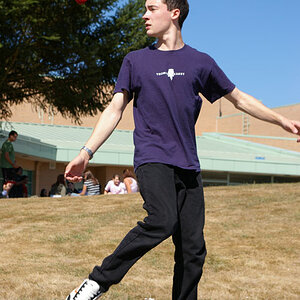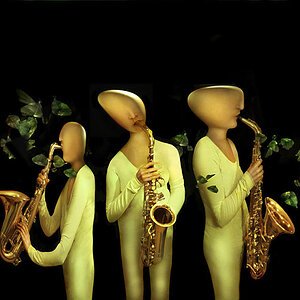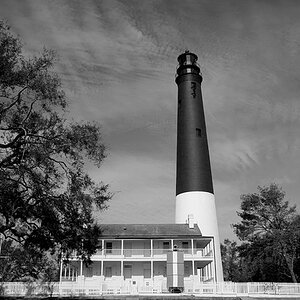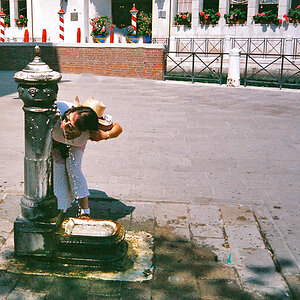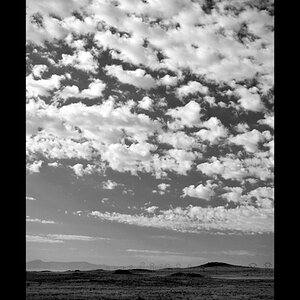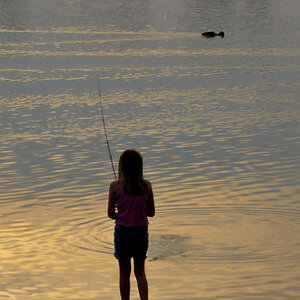usayit
No longer a newbie, moving up!
- Joined
- Nov 15, 2003
- Messages
- 9,521
- Reaction score
- 347
- Can others edit my Photos
- Photos OK to edit
If one person is in hearing shot of that "N" word and is offended by it, causes alarm to them, it now is not free speech, that's how simple it is. It just became a crime.
Please specify specific events, cases, or point me to the law stating so. Point me to something??? If it were already illegal then why was the NYC council blocked from making it a law in NYC??
Name calling is not considered illegal! If so, we've got a whole middle school of kids that should be in jail.
The only limitations to free speech that comes to mind immediately is when someone threatens to kill someone or cause harm.



